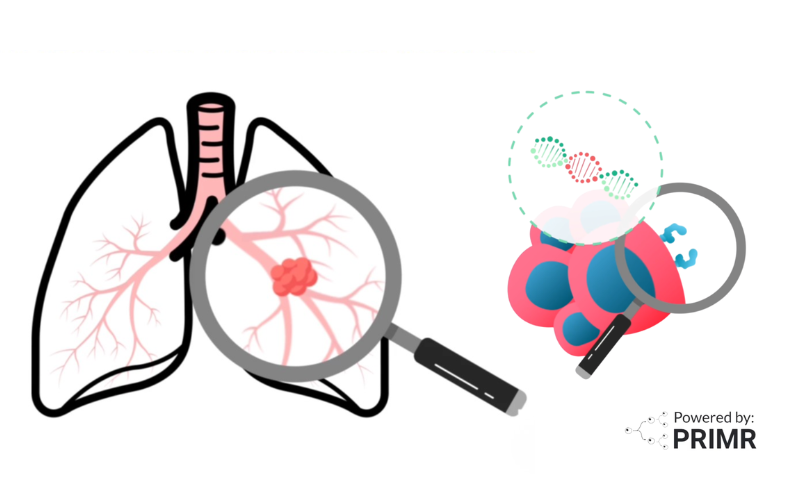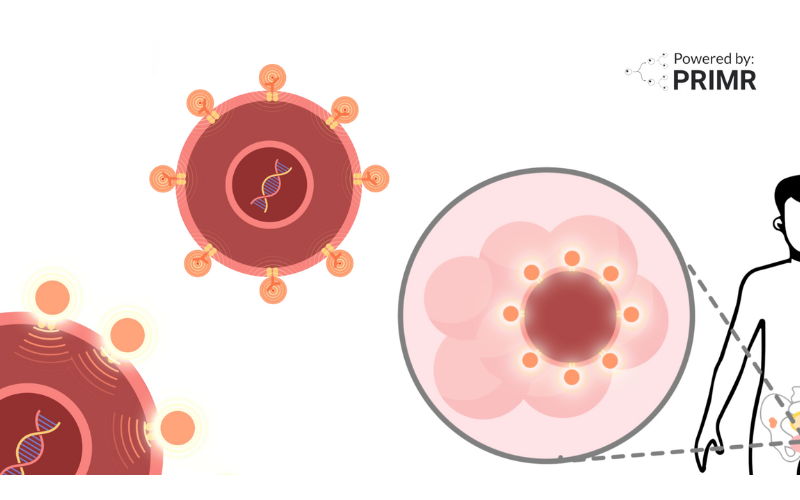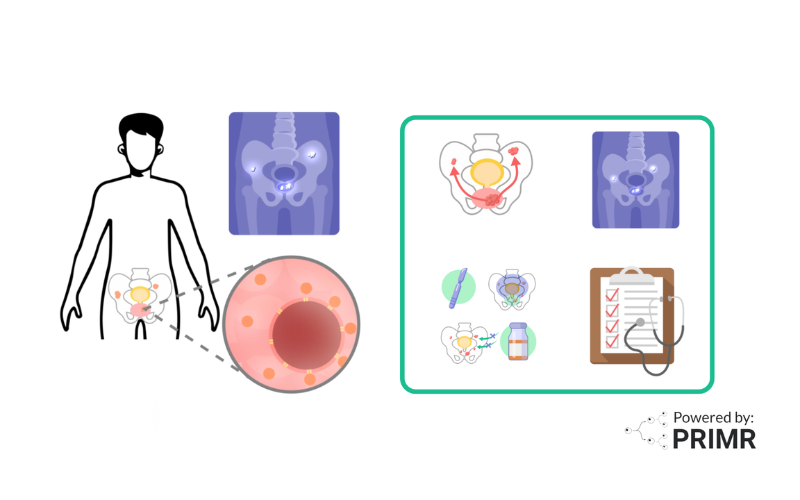The Role of Placebos in Clinical Trials: A Doctor’s Perspective

By: David Grew MD MPH
"By comparing results between the placebo and active treatment groups, researchers can evaluate whether the treatment provides a real, measurable benefit."
∗ ∗ ∗
I think most of us hear about the “placebo effect” from a very young age. I remember those words evoking an unsettling feeling. “How could my mind alone change my body in a measurable way?”, I wondered. But as I came up through medical school, and later in public health school, I read the studies that clearly demonstrated a powerful effect a simple sugar pill can have - simply because we believe it might be a medication that solves a medical problem.
But this topic can often lead to confusion, as patients may struggle to understand how receiving a treatment that has no therapeutic effect contributes to a clinical trial — and, more importantly, how it aligns with their own care. Conversations like these underscore the need to carefully and clearly explain the role of placebos in clinical research. Ensuring patients understand the scientific value of placebos, as well as how they fit into the broader goals of advancing medical knowledge, is essential for building trust and empowering patients to make informed decisions about their participation.
Let’s explore the concept of a placebo and its critical importance in clinical trials.
What is a placebo?
To understand the role of placebos in clinical trials, it’s important to first define them. A placebo is an inactive substance or treatment with no therapeutic effect. In trials, placebos are designed to mimic the actual treatment but contain no active ingredients. These can come in various forms, such as sugar pills, saline injections, or even sham procedures that imitate the active treatment.
The key here is that a placebo serves as a control, offering researchers a comparison point to determine if the treatment being tested delivers measurable benefits beyond psychological or other non-specific effects. It’s not about deceiving participants but about ensuring the research provides reliable, unbiased data.
Why do we use placebos?
Placebos play an indispensable role in clinical trials, offering researchers a standard of comparison. Without a control group receiving a placebo, it would be challenging to determine whether a treatment is genuinely effective or if the results are due to factors like the placebo effect—where a person experiences improvement simply because they believe they are receiving treatment.
By using a placebo, researchers can measure:
Effectiveness of the Treatment – Does the new treatment work better than an inactive alternative?
Safety and Side Effects – Are any adverse effects linked to the treatment or simply background occurrences unrelated to the active intervention?
The placebo provides clarity, ensuring that the treatment’s effects are genuine and not influenced by external factors or psychological expectations.
How Do Placebos Work in Clinical Trials?
The way placebos are used in clinical trials is carefully designed to ensure scientific accuracy and minimize bias. Here’s how:
- Randomization – Participants are randomly assigned to receive either the active treatment or the placebo. This randomization ensures that no one knows in advance which treatment they’ll receive, reducing bias.
- Double-Blinding – In many studies, neither the participants nor the researchers know who is receiving the placebo and who is receiving the active treatment. This method prevents expectations from influencing the outcomes.
Placebos are especially important in conditions with subjective symptoms, such as pain or anxiety, where a patient’s perception of improvement can be influenced by their belief in the treatment. By comparing results between the placebo and active treatment groups, researchers can evaluate whether the treatment provides a real, measurable benefit.
Why Are Placebos Important?
Placebos are a cornerstone of clinical research for several reasons:
- Controlled Comparison – Including a placebo group allows researchers to differentiate between the effects of the active treatment and non-specific effects, such as psychological or environmental factors.
- Safety Monitoring – Placebo groups help researchers identify any side effects associated with the treatment by providing a baseline for comparison.
- Enhancing Scientific Validity – By minimizing bias and ensuring accurate comparisons, placebos improve the reliability and validity of clinical trials.
These elements make placebos indispensable in determining whether new treatments can truly improve outcomes for patients.
Key Considerations for Trial Participants
For patients considering joining a clinical trial, understanding the role of placebos can make the process less daunting. Here are some key points to keep in mind:
- Informed Consent – Before participating in a trial, you’ll receive comprehensive information about the study, including the possibility of receiving a placebo.
- No Treatment Effect – If you’re assigned to the placebo group, it means you will not receive the active treatment. However, this is crucial for accurately evaluating the treatment’s effectiveness.
- Right to Withdraw – Participation is voluntary, and you can withdraw from the trial at any time, whether you’re in the treatment or placebo group.
Understanding these aspects ensures that patients feel informed and empowered as they contribute to advancing medical research.
Placebos may not directly treat a patient, but their role in clinical trials is invaluable. By serving as a comparison point, they allow researchers to determine the true effectiveness and safety of new treatments. This rigorous process is essential for advancing medical science and improving care for future patients.
For patients considering participating in a clinical trial, understanding the role of placebos provides clarity and helps foster trust in the research process. Placebos aren’t just about science—they’re about ensuring that the treatments of tomorrow are safe, effective, and grounded in evidence.
For more detailed information on placebos and its role in clinical research, watch the video we created here.
Hire PRIMR to create custom video content for your clinical trial or medical product today.
FAQs:
What are the ethical considerations of using placebos in clinical trials?
Ethical considerations involve obtaining informed consent while ensuring participants understand the possibility of receiving a treatment with no active ingredients. Researchers must prioritize minimizing harm while maintaining scientific rigor. In life-threatening conditions, placebos are typically avoided when effective treatments are available, as withholding proven therapies could endanger participants.
What are the challenges of designing a placebo-controlled trial for surgical interventions?
Trials for surgeries present unique challenges, such as designing sham procedures that closely replicate the actual surgery but offer no therapeutic benefits. This can raise ethical concerns, as participants in the placebo group are exposed to the risks of surgery, such as anesthesia, without potential benefit. Researchers must carefully justify these trials to ensure the knowledge gained outweighs the risks to participants.
Can placebos have unintended negative effects on participants?
Yes, placebos can cause unintended negative effects, called the nocebo effect. This happens when participants experience symptoms like side effects or discomfort because they believe they might occur, even though the placebo itself contains no active components. This underscores how expectations and psychological factors can significantly influence a participant's experience during a clinical trial.
Other Posts

Understanding EGFR-Positive Lung Cancer: What Patients Need to Know

Nuclear Medicine: PSMA Treatment Explained from a Doctor’s Perspective
